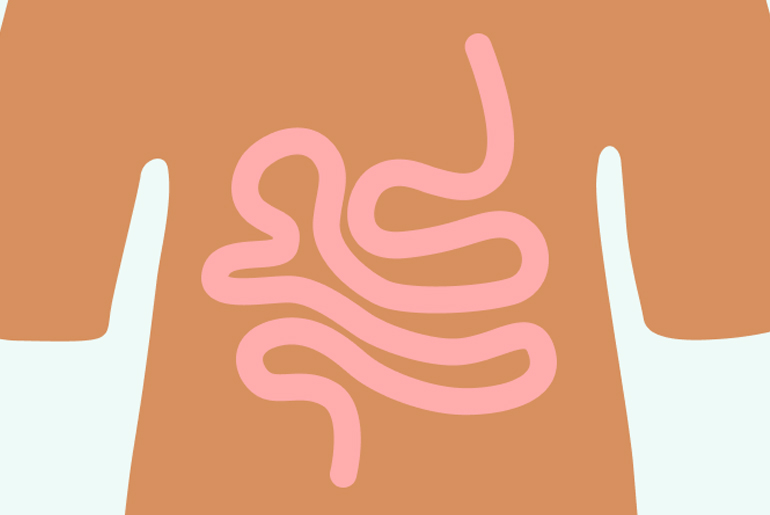The potential harm of overusing antibiotics, emphasizing their impact on gut health. While antibiotics effectively combat harmful bacteria causing infections, they also indiscriminately eliminate beneficial bacteria in the gut. This disruption can lead to various health issues as the balance of gut microbiota is crucial for digestion, immunity, and overall well-being. Therefore, reaching for antibiotics at the first sign of a mild fever may have unintended consequences, underscoring the importance of judicious antibiotic use and exploring alternative approaches to managing minor illnesses.
Judicious use of antibiotics is crucial to avoid potential long-term health issues. While antibiotics are powerful medications for treating bacterial infections, their overuse or inappropriate use can lead to several problems. These include antibiotic resistance, where bacteria become resistant to the drugs, making infections harder to treat. Additionally, disrupting the balance of beneficial bacteria in the gut can lead to gastrointestinal issues, weakened immunity, and increased susceptibility to infections. Therefore, it’s important for healthcare professionals and patients alike to use antibiotics responsibly, only when absolutely necessary, and as prescribed by a qualified medical professional.
Impact on Gut Bacteria: Antibiotics are designed to kill or inhibit the growth of harmful bacteria causing infections. Unfortunately, they can also disrupt the balance of beneficial bacteria in our gut, leading to a condition known as dysbiosis.
Role of Gut Bacteria: Our gut microbiota, composed of trillions of bacteria, fungi, and other microorganisms, play a crucial role in digestion, nutrient absorption, immune function, and overall health. Disrupting this delicate balance can have far-reaching consequences for our well-being.
Consequences of Imbalance: Antibiotic-induced dysbiosis can result in digestive issues such as diarrhea, bloating, and abdominal discomfort. It may also weaken the immune system, making us more susceptible to infections and other health problems.
Importance of Prudent Antibiotic Use: To mitigate these risks, it’s essential to use antibiotics judiciously and only when absolutely necessary. Healthcare providers should consider factors like the type of infection, its severity, and the likelihood of bacterial resistance before prescribing antibiotics.
Rebuilding Gut Health: If you’ve had to use antibiotics, taking proactive steps to rebuild your gut flora is crucial. Incorporating probiotics, either through supplements or fermented foods like yogurt, kefir, and sauerkraut, can help restore beneficial bacteria. Additionally, consuming a diverse range of fiber-rich fruits, vegetables, and whole grains can provide nourishment for gut microbes.
Holistic Approach to Gut Health: Beyond probiotics, adopting a holistic approach to gut health is essential. This includes managing stress levels, getting regular exercise, staying hydrated, and minimizing the consumption of processed foods and added sugars, which can negatively impact gut microbiota diversity.
By understanding the importance of gut health and taking proactive steps to support it, we can minimize the potential adverse effects of antibiotics on our microbiome and promote overall well-being.
Disclaimer:
The information contained in this article is for educational and informational purposes only and is not intended as a health advice. We would ask you to consult a qualified professional or medical expert to gain additional knowledge before you choose to consume any product or perform any exercise.








